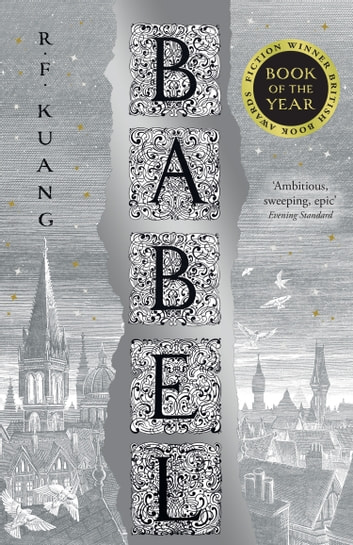danwchan finished reading How Long 'Til Black Future Month? by N. K. Jemisin

How Long 'Til Black Future Month? by N. K. Jemisin
How Long 'til Black Future Month? is a collection of science fiction and fantasy short stories by American novelist N. …
(he/him)
Curious microbiologist outside of academia working to make it possible to launch biotechnology projects from unlikely spaces (hopefully community driven!). Reading sci-fi since I was little (probably started with Monica Hughes) and I try to mix it up with some non-fiction too.
Find me on my main Fediverse account -> scholar.social/@danwchan
This link opens in a pop-up window

How Long 'til Black Future Month? is a collection of science fiction and fantasy short stories by American novelist N. …

By the middle of the twenty-first century, war, famine, economic collapse, and climate catastrophe had toppled the world's governments. In …

During the Decade of Plagues, pandemics brought civilization to a standstill. The only way out was the Aspis chip: a …

In the nineteenth century anarchists were accused of conspiracy by governments afraid of revolution, but in the current century various …

Hubert Vernon Rudolph Clayton Irving Wilson Alva Anton Jeff Harley Timothy Curtis Cleveland Cecil Ollie Edmund Eli Wiley Marvin Ellis …

For the left and the right, major multinational companies are held up as the ultimate expressions of free-market capitalism. Their …

A concise but wide-ranging personal history of the internet from—for the first time—the point of view of the user
…

The Edible Woman is a 1969 novel that helped to establish Margaret Atwood as a prose writer of major significance. …

The city of dreaming spires.
It is the centre of all knowledge and progress in the world.
And …

An embittered dog walker obsessed with a social media influencer inadvertently puts a curse a young man—and must adventure into …

The city of dreaming spires.
It is the centre of all knowledge and progress in the world.
And …